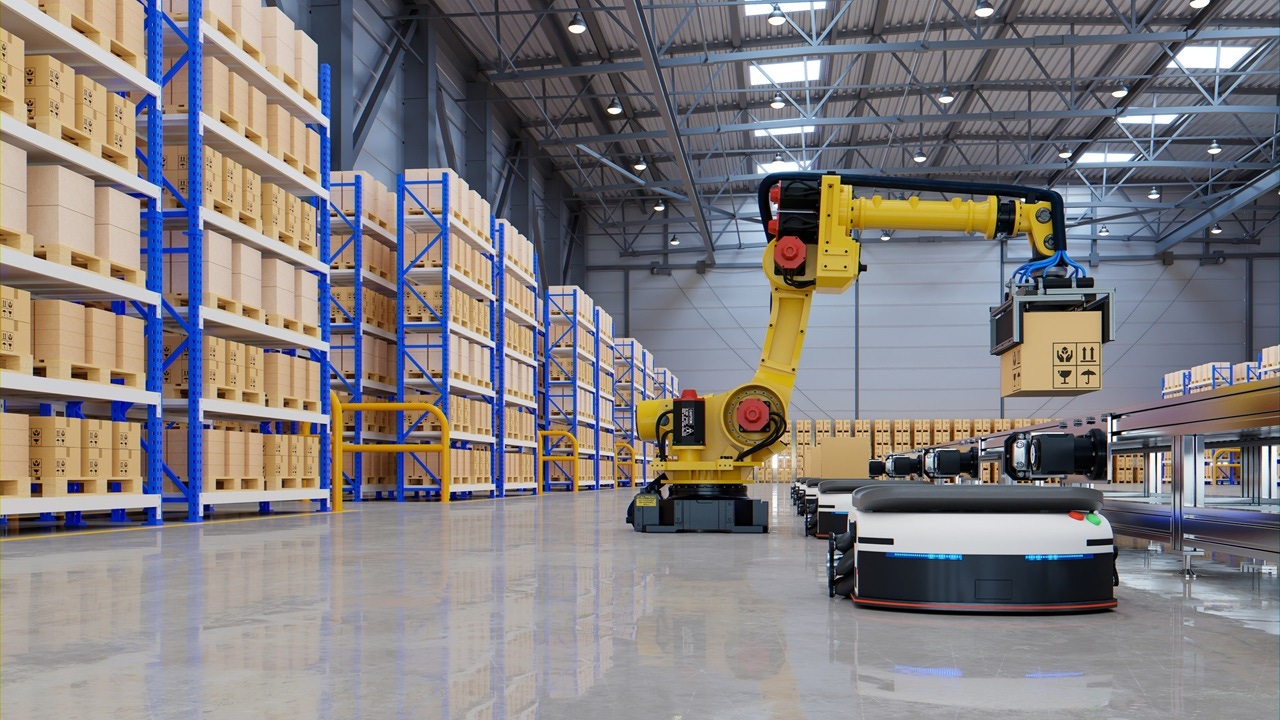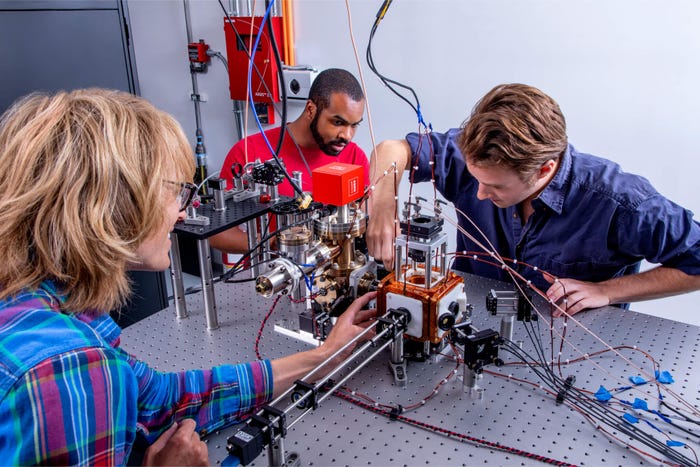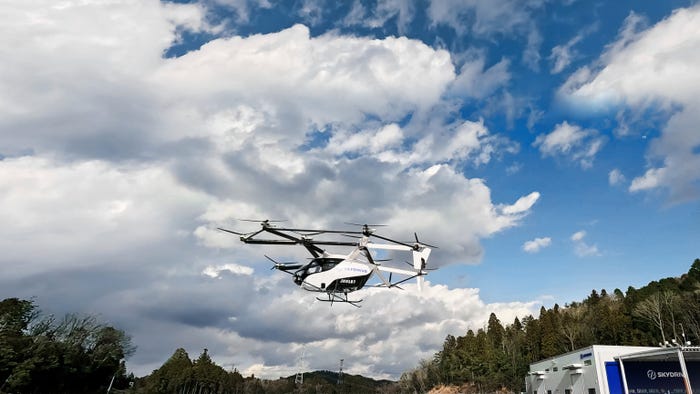October 4, 2024

Today’s robots, especially collaborative robots (cobots), have brought a significant shift in roles and responsibilities to the factory floor. Cobots are now working alongside humans and supporting their work, not taking away jobs. With cobots performing menial tasks, factory workers are available for more complicated tasks that require problem-solving skills, are more fulfilling and come with higher pay. This collaboration enhances workplace efficiency, safety and productivity, creating a more integrated and effective manufacturing environment.
Versatility of Cobots and Robots
Many industries are utilizing robotics, from consumer electronics to pharmacy to shipping and even the hospitality industry. Cobots are responsible for everything from flipping burgers at fast-food restaurants to handling housekeeping tasks at hotels. In a factory, they can ensure a bottle is filled to exact specifications, caps are consistently sealed and labels are aligned with precision.
Part of the reason robots can support so many industries is because of their adaptability. There are seemingly endless ways to configure a robot, just by switching out the end-of-arm tooling (EOAT). One robot can pick up packages, handle delicate fruit or deliver food on a tray, all just by making relatively easy adjustments. Robots can also be reprogrammed over and over to keep meeting demands.
Cobots Supporting the Human Workforce
Robots aren’t replacing human labor but rather supporting it. For example, by deploying cobots in hazardous environments, the need for human exposure to danger is eliminated, freeing up human resources and enhancing productivity and safety. Cobots can also help conserve workers' energy and lessen daily wear and tear on their bodies.
New opportunities have also arisen, including robot designers, programmers and maintenance technicians, again highlighting a shift toward skilled positions and greater opportunities for workers.
Barriers to Bringing Robotics into Factories
Several factors may deter companies from adding cobots or robots into their workforce, including available space, suitable applications, budget constraints and deciding what type of robot to get. Floor space requirements, maintenance and energy consumption also contribute to the decision-making process. Further, compliance with safety regulations, including those outlined in ISO/TS 15066 for collaborative industrial robots, ensures that robots are introduced into workplaces safely and responsibly.
Specialist suppliers such as DigiKey help overcome the barriers to introducing robotics by offering not only the necessary products but also support, tailored design solutions and integrator information.
The Future of the Robotics Market
In the next five years, robots' role in manufacturing will continue to expand and they’ll be able to take on more responsibilities and tasks.
AI will also expand the use of robots with less programming and an ability to do more tasks by learning from experience, as well as navigating complex environments and performing complicated tasks more efficiently.
The industry is coming off a record year in sales. We’ll likely see a small slowdown for the remainder of this year due to customer inventories but it’s expected to be short-lived. The industry is forecasting a 16% compound annual growth rate from 2024 to 2031, with expected growth of nearly $100 billion in revenue.
The potential with robotics is endless, making this an exciting time to be involved in the industry.
About the Author
You May Also Like








